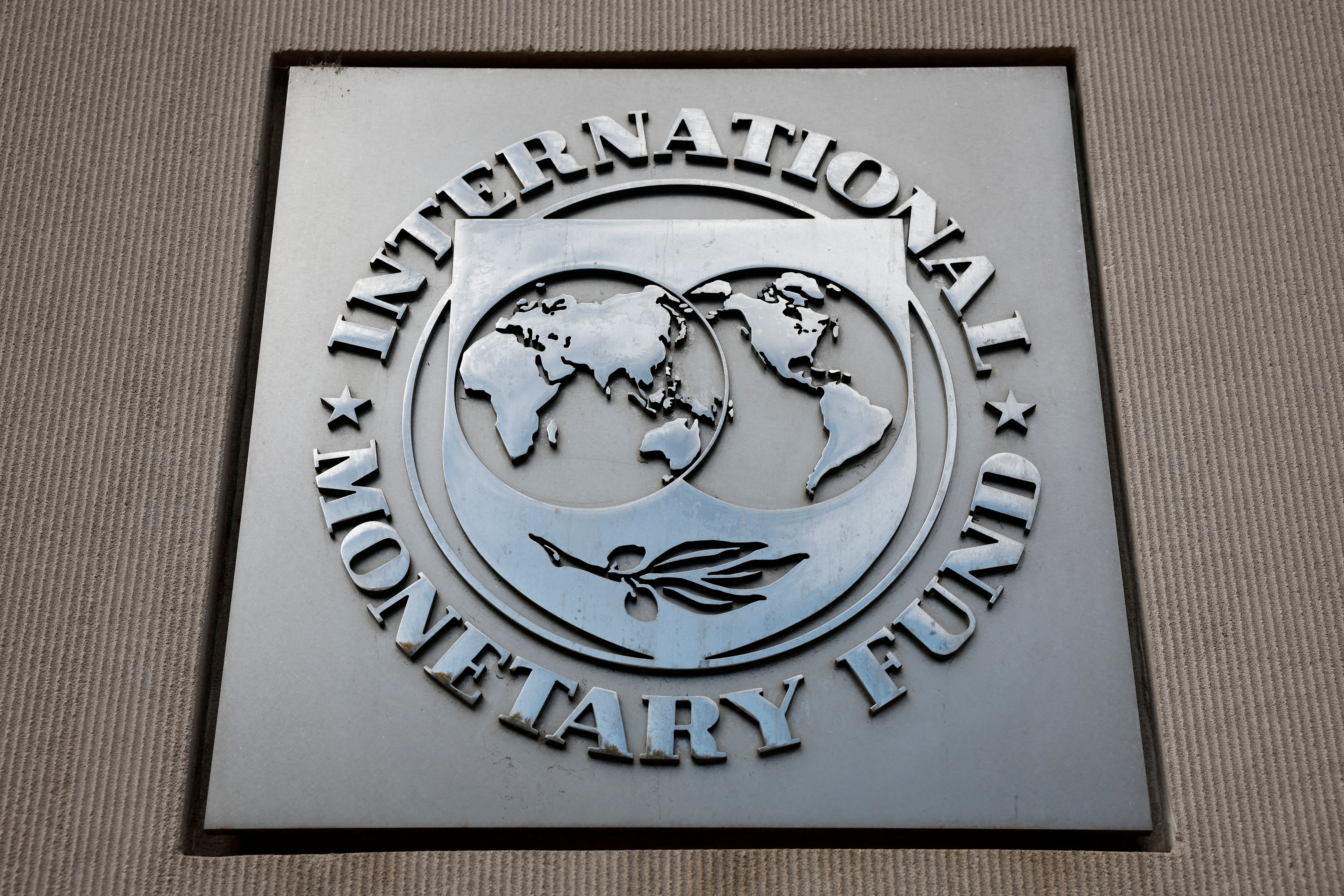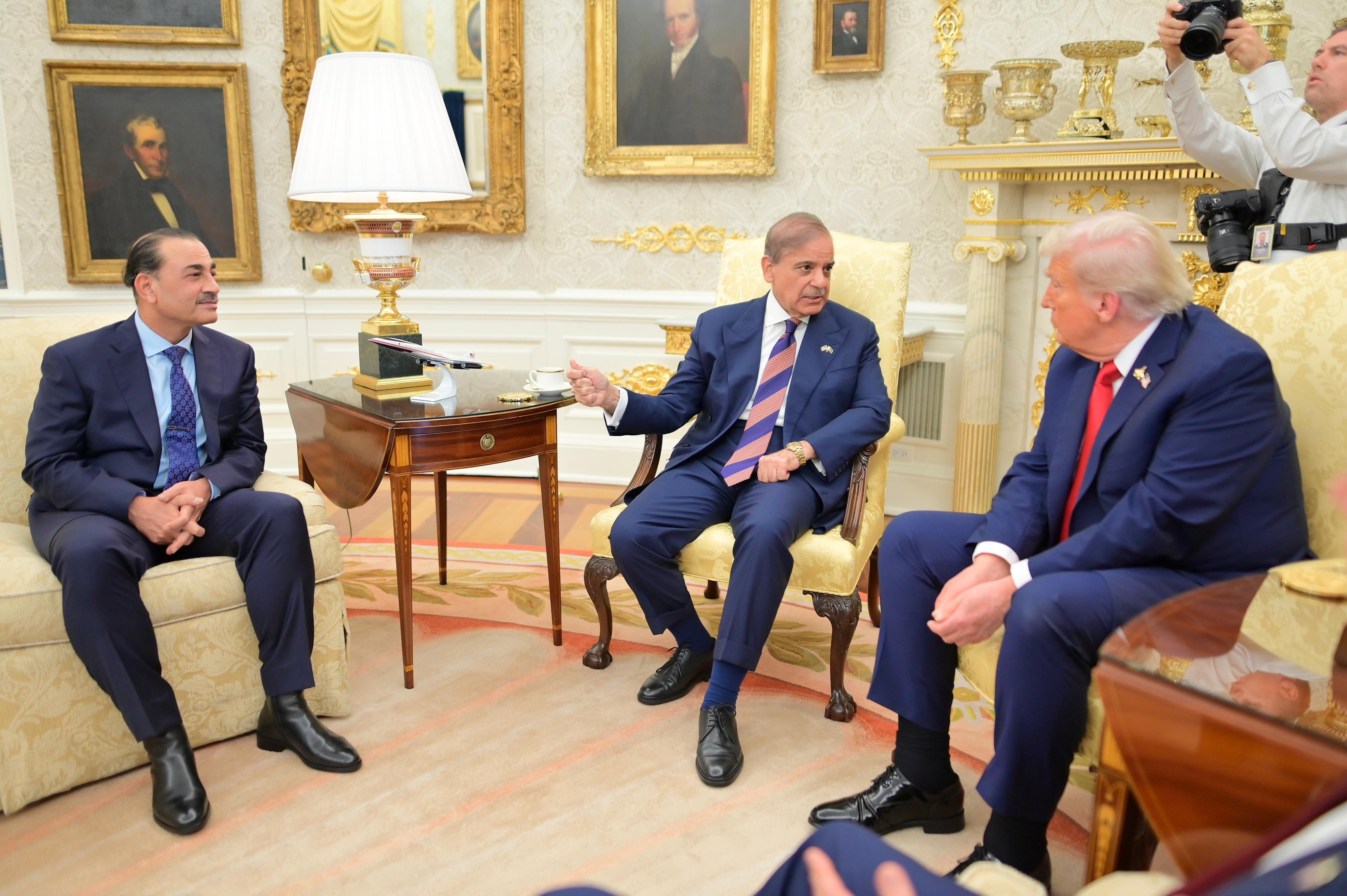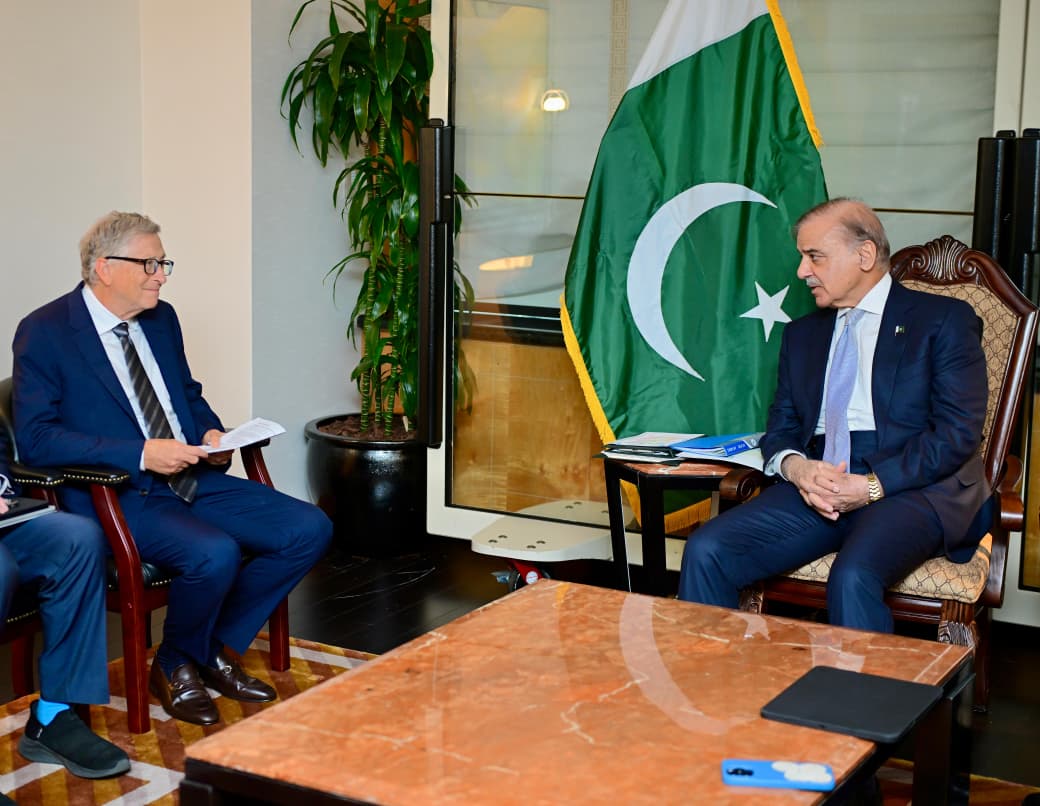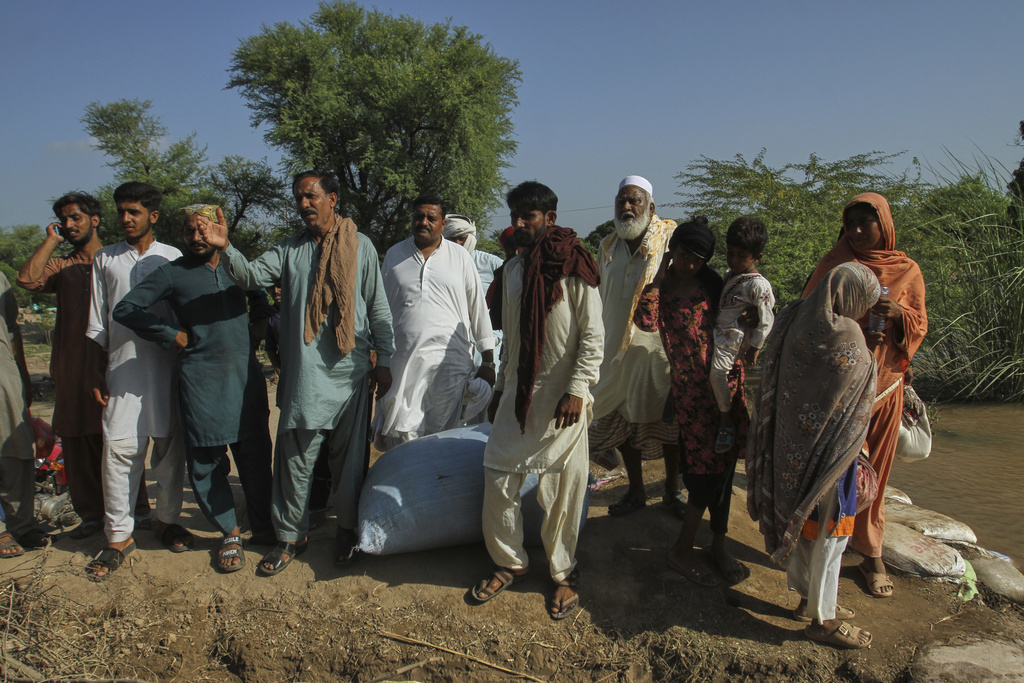LAHORE: Pakistan’s latest negotiations with the International Monetary Fund (IMF) ended on Wednesday without a staff-level agreement (SLA), briefly delaying the release of around $1.25 billion in loan tranches.
Despite the setback, both sides reported “significant progress,” fueling expectations that a deal will be reached within weeks.
The IMF mission concluded its 11-day visit under the Extended Fund Facility (EFF) and the Resilience and Sustainability Facility (RSF), totaling $8.4 billion. The discussions covered the second EFF review and the first RSF review. While no SLA was finalized, statements from Islamabad and the IMF indicated a constructive tone, suggesting that remaining technical issues will soon be resolved.
According to officials involved, the IMF has sought higher provincial budget surpluses and a downward revision of the Federal Board of Revenue’s (FBR) annual collection target, factoring in the economic impact of recent floods.
Punjab is expected to contribute Rs740 billion [$2.64 billion] to the surplus, followed by Sindh, Rs370 billion [$1.32 billion], Khyber Pakhtunkhwa, Rs220 billion [$0.79 billion], and Balochistan, Rs185 billion [$0.66 billion].
The Fund has also requested verified estimates of flood-related losses and assurances that provincial governments can absorb recovery costs without breaching fiscal targets. Notably, the IMF mission did not hold a formal wrap-up meeting with Finance Minister Muhammad Aurangzeb, an unusual, though not unprecedented, indication that talks have entered a sensitive technical phase.
The visiting team, led by Mission Chief Iva Petrova, did not issue its customary end-of-mission statement, and the IMF’s local office declined to comment. The next round of discussions is expected during the IMF-World Bank Annual Meetings in Washington, where Minister Aurangzeb will lead Pakistan’s delegation.
Market analysts remain cautiously optimistic. “The IMF mission’s acknowledgment of significant progress is encouraging,” Waqas Ghani, head of research at JS Global, told Pakistan TV Digital. “The Fund appears to be seeking stronger, time-bound commitments before finalizing the staff-level agreement. In previous reviews, the SLA often followed a few weeks after the mission’s conclusion.”
Economist Dr. Ikram ul Haq shared a similar view but pointed to underlying structural weaknesses. “The staff-level agreement will happen; it’s only a matter of time,” he said. “However, the IMF has flagged discrepancies in trade data amounting to billions of dollars. Pakistan must address under-invoicing, rationalize tariffs, and broaden the tax base, including taxing agricultural income of absentee landowners.”
The IMF later released a brief statement confirming “significant progress” toward reaching an SLA on the second EFF review and first RSF review, noting that “program implementation remains strong and broadly aligned with the authorities’ commitments.”
In parallel, the government notified draft amendments to the Sharing of Assets of Civil Servants Rules, 2023, requiring Grade 17 and above officers to submit electronic declarations of assets and income through the FBR. While armed forces personnel remain exempt, banks must establish secure data channels, part of broader governance reforms under IMF conditionalities.
With most macroeconomic targets reportedly met, the remaining gaps appear procedural. Officials expect the SLA to be finalized within weeks, paving the way for IMF board approval and disbursement by late November or early December.
For Pakistan, the stakes are high: securing the $1.25 billion tranche would ease external financing pressures, stabilize the rupee, and strengthen market confidence ahead of a politically sensitive budget season.
As the IMF team departs and technical work continues virtually, the real challenge for Pakistan lies not just in signing the deal — but in sustaining the reforms once the funds begin to flow.
.jpg)




.jpg)




